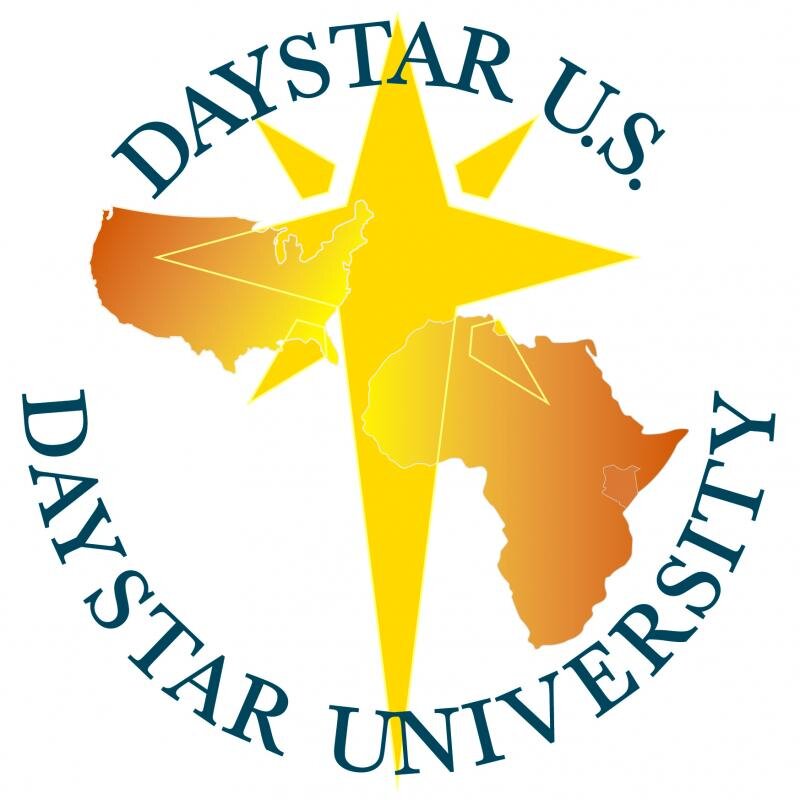Growing Up Dinka
The Dinka Tribe is the largest tribe in South Sudan, Africa. Dinka, also known as the Jieng people, are one of the most well-known and publicized tribes. The Dinka people are very traditional and have maintained much of their cultural practices throughout history's progression. While holding to one's beliefs is usually a good thing, the Dinka practices (mainly pertaining to women) have a limited view-point when it comes to a woman's place in society.
We spoke to Sarah and Jennifer Daau about what it's really like to be a woman in Dinka culture, and how they are challenging years-old traditions about women's roles in society.
Jennifer and Sarah Daau (sisters-in-law) grew up in Sudan, prior to moving to South Sudan, after the war which separated the two countries in 1980.
The pair are both Dinka women who grew up in the traditional tribal ways. While both women value their Dinka heritage, they challenge the old view-points on women's roles and value in their culture.
Growing up, Sudan was a primarily Arab-dominated country. This meant that the two women were viewed as "second citizens" because of their traditional Dinka beliefs and tribal affiliation.
Jennifer recalls being the only Christian in a primary school that functioned under Sharia law and how this affected her education opportunities.
“The Dinka are very smart academically. This came as a threat to those who followed the Arabic religion, as Dinka were considered second citizens, so the Arabs didn’t like it.””
In addition to the religious persecution both girls faced, they had another hurdle: the reality of being a woman in a male-dominated society. Dinka culture allows some girls to attend schooling, at least until the age of 14, when it comes time for them to marry. At this time the majority of Dinka girls are pulled from school and married off, which includes gaining a dowry payment for their family.
The Dinka cultural belief is that a woman has less value than a man. Her worth lies mainly in her ability to produce children and maintain a household. It is for this reason that most girls receive little to no education. In fact, according to World Bank, only 8% of women in South Sudan are literate.
“Why would you go to school when you will end up being in the kitchen?””
Many in Dinka culture also believe going to school will affect a woman's purity, and deter her from the responsibility of being a wife and mother. A popular belief is that the more educated a woman becomes, the less likely it will be for her to submit to her husband.
““Dinka culture thinks that education will spoil women.” ”
While Dinka culture does value women, they see their value as a source of income. Both Sarah and Jennifer experienced this growing up and have been able to rise above the cultural normalcies that were expected of them. While the two women have been able to rise above their culture's expectations, they still hold a place in their hearts for the women who were not afforded those opportunities.
Sarah and Jennifer want to be examples for Dinka women, to show that education is a wonderful thing and something every women should be able to access.


